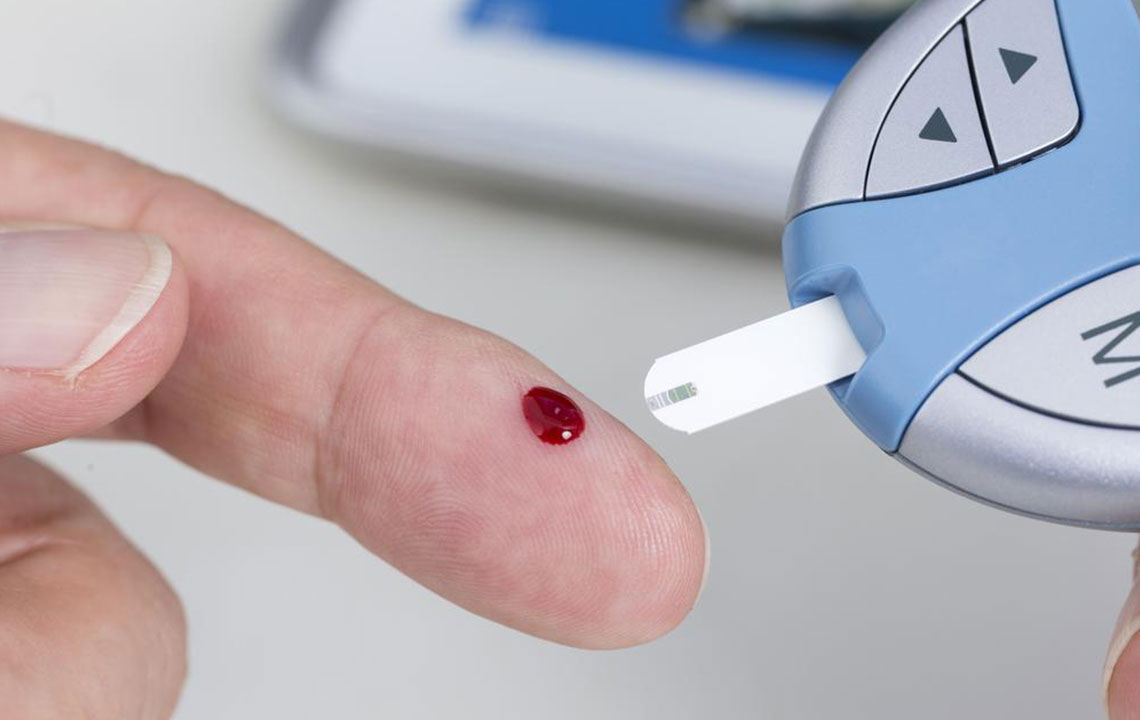Top Strategies to Reduce Your A1C Levels Effectively
Discover effective methods to lower your A1C levels and improve diabetes management. Learn about the A1C test, how to interpret results, and practical strategies such as diet, exercise, stress management, and professional guidance to control blood sugar effectively. Empower yourself with the knowledge to promote better health and reduce complications associated with diabetes.

Top Strategies to Reduce Your A1C Levels Effectively
Managing diabetes can be challenging, but maintaining optimal blood sugar levels is vital for overall health. An essential aspect of monitoring is the A1C test, which indicates your average blood glucose over recent months. Regular testing helps evaluate your progress and guides necessary adjustments. By adopting a proactive approach—such as improving diet, exercising regularly, managing stress, and collaborating with healthcare providers—you can lower your A1C levels and reduce risk factors associated with diabetes.
What is the A1C Test?
The A1C test measures your average blood sugar over 2-3 months, offering a clear picture of your diabetes control. It doesn't require fasting and provides accurate insights into your blood sugar management compared to daily fluctuations.
Understanding A1C Results
Results are expressed as percentages. A reading between 5.7% and 6.4% indicates prediabetes, while above 6.5% suggests a diabetes diagnosis. Higher levels increase the risk of complications, so lowering your A1C is crucial.
Proven Methods to Reduce A1C Levels
If your results are high, don't worry. With patience and dedication, you can regain control. Here are effective strategies:
Assess Your Health Status
Review your test results and identify contributing factors such as diet, activity levels, stress, or habits. Keeping a log helps track progress and challenges.
Consult Your Healthcare Professional
Seek advice from your doctor to interpret your results and develop a personalized management plan that includes medication, diet, and exercise.
Adjust Your Diet
Reduce intake of refined sugar and unhealthy fats common in fast food. Focus on home-cooked meals with balanced nutrition—vegetables, fruits, lean proteins, dairy, nuts, legumes, and whole grains. A nutritionist can assist in designing a suitable meal plan.
Exercise Regularly
Maintaining a healthy weight is vital in controlling blood sugar. For overweight individuals, weight loss can reduce complications. Then, aim for at least 30 minutes daily of activities like walking, cycling, or light jogging, after consulting your doctor.
Manage Stress Effectively
Chronic stress can disrupt blood sugar control. Engage in relaxing activities, stay connected with loved ones, practice meditation, or join support groups to handle stress positively.
Remember, high A1C levels serve as an alert—view it as an opportunity to improve your health. Implementing these strategies can help you reduce your levels and enjoy a healthier, more balanced life.
Note:
Our articles aim to provide helpful guidance based on research and expertise. However, they are not substitutes for medical advice. Always consult healthcare professionals before making significant changes to your health routine. We disclaim responsibility for variations or inaccuracies across different sources. Also, some promotional schemes or offers may not be covered here.










